How can aid workers help war victims without falling prey to, or becoming complicit with, their persecutors?
Humanitarian organisations have an ambiguous relationship with the violence of war. Seeking to relieve its severity, they contribute to its continuation to varying degrees while subjecting themselves to becoming targets. This collection of studies explores the way aid workers attempt to “humanise” war and face the risk of becoming victims of or complicit in the war.
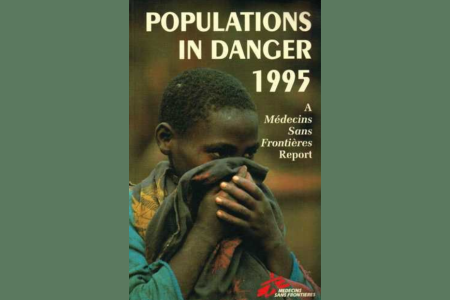 Book
Book
Populations in danger 1995
11/01/1995« Never again »: in the wake of the second World War, the terror caused by the Holocaust led the community of states to condemn genocide as a crime and to create a new international organization, the United Nations. And yet, half a century later, the international community did nothing to prevent the first undeniable genocide since that of the Jews: it let the massacre of the Rwandan Tutsis and merely sent humanitarian aid, even though it was nearly over.
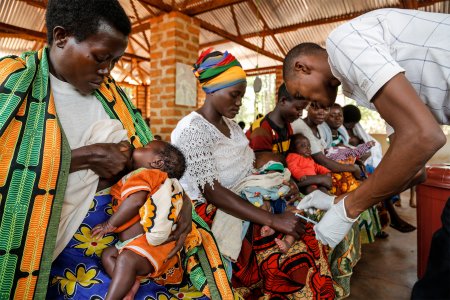 Louise Annaud
Analysis
Louise Annaud
Analysis
Humanitarian aid
05/01/1994For the publication of the Dictionnaire d'Ethique et de philosophie morale, the former president of Médecins Sans Frontières, Rony Brauman, offers a definition of humanitarian aid.
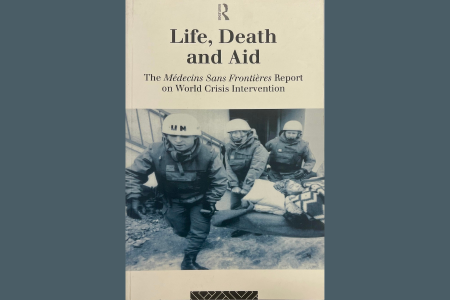 Book
Book
Life, Death and Aid
11/01/1993With the end of the Cold War came the hope of a "New World Order". yet the tragedies of war and famine continue to dominate our headlines. Humanitarian law is still violated every day. Emergency aid from the United Nations and donor governments remains inadequate and military interventions often fail to restore durable peace.
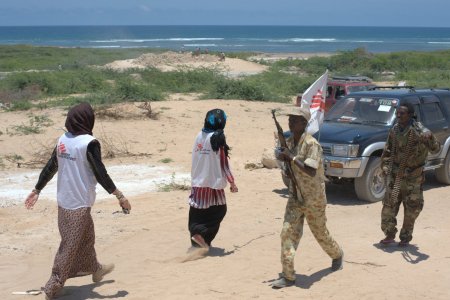 Yann Libessart
Analysis
Yann Libessart
Analysis
Somalia: A Humanitarian Crime
09/01/1993In 1993, Médecins Sans Frontières left Somalia and denounced the methods of UN troops who were violating the very humanitarian principles in whose name they intervened.
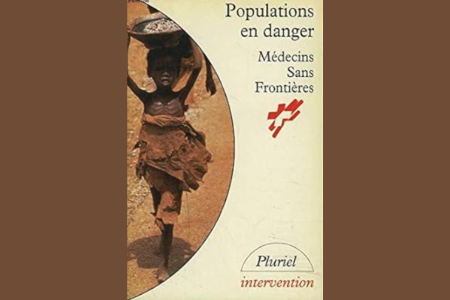 MSF-Crash
Book
MSF-Crash
Book
Populations in danger
12/01/1992In the world today entire populations are at immediate risk of death from either famine, war, epidemics or displacement. The people of Southern Sudan, Somalia, the former Yugoslavia, Mozambique, Peru, Sri Lanka, Nagorno-Karabakh, as well as the Tuaregs, the Kurds and Burma's Moslems are those who face the most serious threats.
